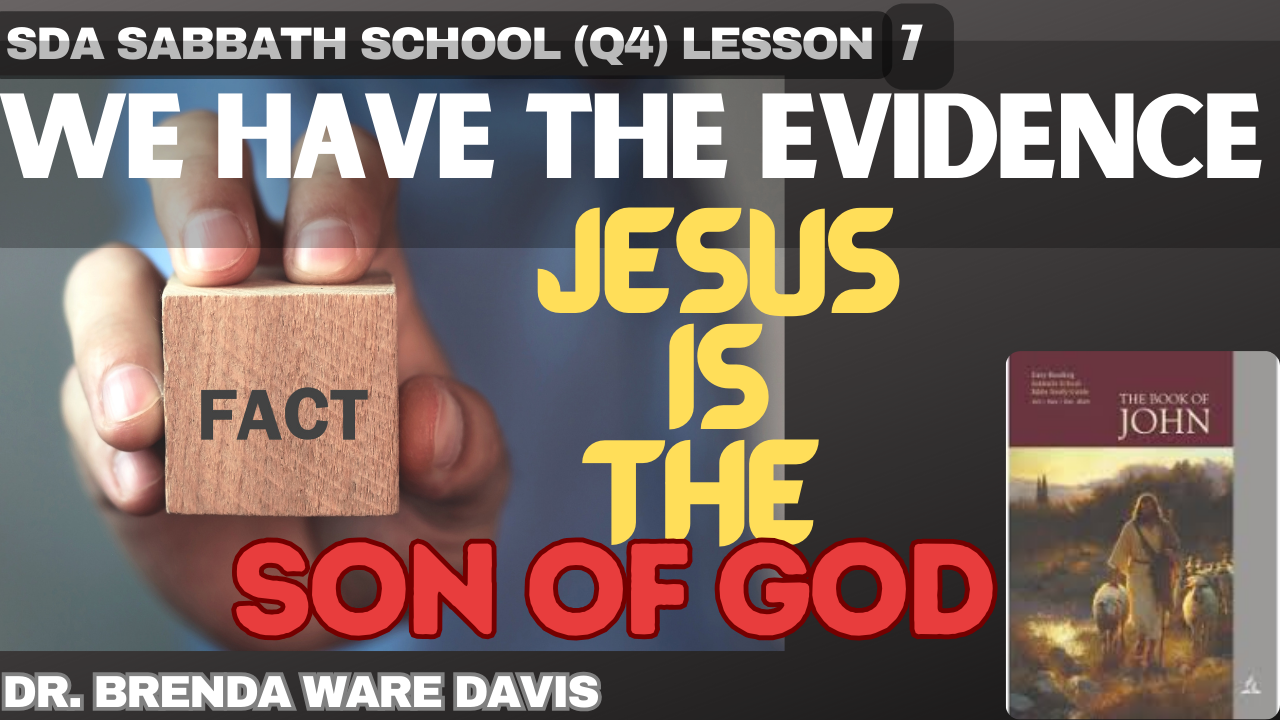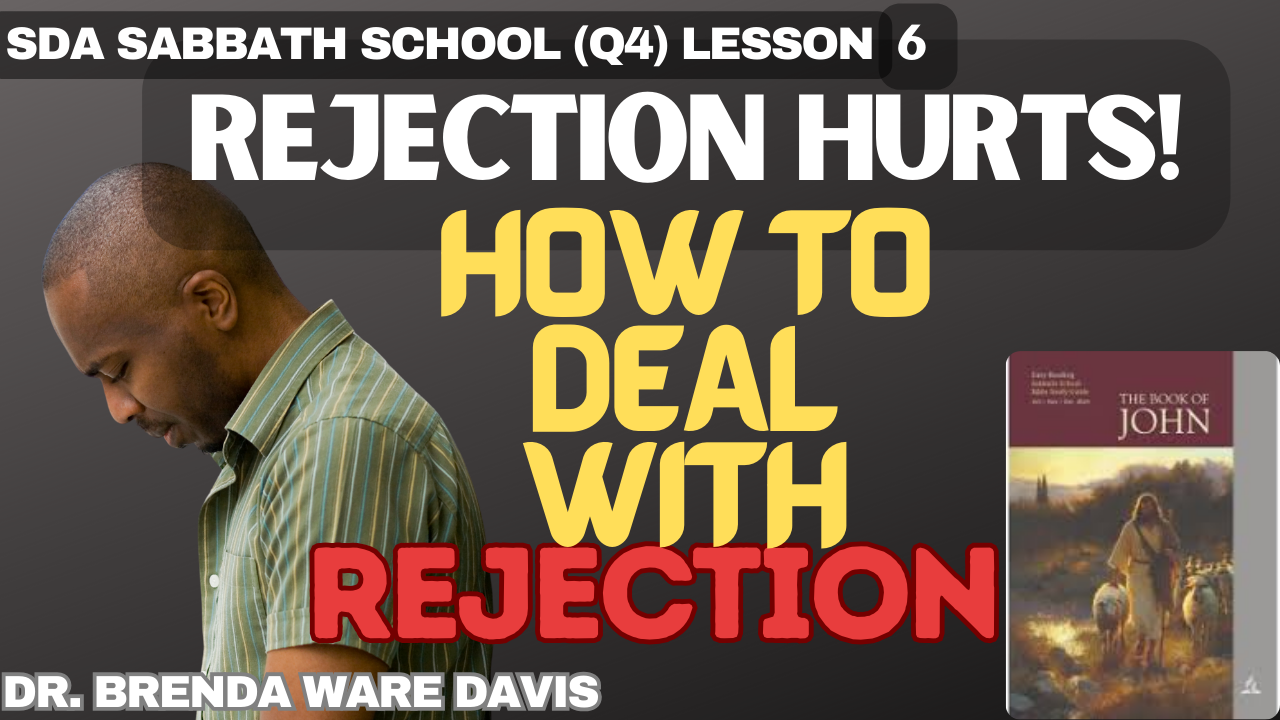Future Hope (Lesson 4) Old Testament Hope Day 3: From the Power of the Grave
The Bible identifies those who trust in their riches as foolish. In contrast, those who trust in God are considered wise. Both the foolish and the wise share something in common with animals. What is it? Also, there is a significant difference between the foolish and the wise. What is that?
Sin, Evil, Death, Dying, and What Happens After We Die
This series addresses an age-old concern that we all have: the concern for sin, evil, death, and what happens after we die. Is there hope after death? When God created us, humans, he intended for us to live forever in a loving relationship with him. But this relationship has been broken by sin.
Here, we address the origin of sin and look more closely at death and dying.
But, instead of looking at death negatively, we look at it in the context of hope, the promised hope based on what Jesus did for us when he died and came back to life again.
From the Sabbath School Adult Bible Study Guide 2022 Quarter 4: Sabbath.School (See also Hope Sabbath School and 3ABN Sabbath School)
Visit SabbathSchoolDaily.com for more videos like this one.
Inviting God’s Presence
Holy Father, you are God Almighty. You are our creator, sustainer, and redeemer. We put our complete trust in You. In Jesus’ Name Amen
Like animals, humans, rich or poor, educated or unlearned, wise or unwise, are subject to the grave. We are all bound to the grave. We will all die. As humans, what we possess and accumulate while living does not go to the grave with us. It falls into the hands of others.
Unlike the foolish, those who trust in God are released from the power of the grave. God has promised that through the Messiah, the Anointed One, Jesus, the wise will be raised from the grave.
This confidence is displayed in Psalm 49, in which the psalmist is certain God will resurrect him from the dead at the Second Coming.
In contrast to the fool, who dies and goes to the grave without hope this psalmist’s hope is in being raised from the grave.
Psalm 49 talks about the fools’ false confidence in money and wealth. The foolish are, according to Psalms 49:6 those, “who trust in their wealth and boast in the multitude of their riches” (Ps. 49:6, NKJV). They name their “lands after themselves, as in Psalms 49:11 which says
11 Their inner thought is that their houses will last forever, their dwelling places to all generations; They call their lands after their own names. (Psalms 49:11)
The psalmist also observes in Psalm 49:11, 17, and 18 that the foolish behave as if their houses and their glory, their fame will last forever (Psalm 49:11, 17, 18). They live for the benefit of amassing wealth for themselves, only to go to the grave and leave it to benefit someone else as expressed in
Psalms 49:17
17 For when he dies he shall carry nothing away; His glory shall not descend after him. (Psalms 49:17)
Psalms 49:18
18 Though while he lives he blesses himself (For men will praise you when you do well for yourself), (Psalms 49:18)
The foolish, those who trust in their riches, forget that their fame, their honor in this life vanish and that they will die the same as animals do.
Psalms 49:12 lets us know this:
12 Nevertheless man, though in honor, does not remain; He is like the beasts that perish. (Psalms 49:12).
He according to Psalms 49:14, we humans are “Like sheep they are laid in the grave; death shall feed on them; . . . and their beauty shall be consumed in the grave, far from their dwelling” (Ps. 49:14, NKJV) (Split)
Hundreds of years before the psalmist wrote this; Job said something similar. He declared in Job 1:21:
21 “Naked I came from my mother’s womb, And naked shall I return there. The Lord gave, and the Lord has taken away; Blessed be the name of the Lord.” (Job 1:21)
Likewise, Timothy in 1 Timothy 6:7 says:
7 For we brought nothing into this world, and it is certain we can carry nothing out. (I Timothy 6:7)
The psalmist of Psalm 49 goes on to say in Psalm 49:10 that both the foolish and the wise die leaving their wealth others.
10 For he sees wise men die; Likewise the fool and the senseless person perish, And leave their wealth to others. (Psalms 49:10)
But there is a big difference between the foolish and the wise. On the one hand, the fools spend their life trying to find assurance in their temporary possessions and accomplishments. But at death, the fool has no hope. He lived only for this life. He tried to find his self-worth in his riches and his success. Whereas the wise look beyond the grave. They look pass the prison of the grave to their release from the powers of the grave. They see the reward God has promised them. Peter talks about this promise in 1 Peter 1:4.
4 to an inheritance incorruptible and undefiled and that does not fade away, reserved in heaven for you, (I Peter 1:4)
This is why the writer of Psalm 49, with confidence, can say in Psalms 49:15
15 But God will redeem my soul from the power of the grave, For He shall receive me. Selah (Psalm 49:15)
The writer of Psalm 49, however, does not say that his soul will immediately go to heaven when he dies. The writer is simply saying that he is not bound to the grave; he will not remain in the grave forever.
He knows that a time will come when God will release him from the prison of the grave, will save him from the penalty of the second death, and will take him to his heavenly home.
Psalm 49 gives us hope in the resurrection. The resurrection is the time when God will wake up His people from the dead. At that time, the wise will get their reward. It will be an exceeding great reward. It will be far better than the foolish obtain in their short life on this earth.
What Psalms 49 does is paints a picture that allows us to see the mistakes of those who trust in wealth, fame, fortune, and accomplishments. It helps us know the importance of keeping our eyes on the right prize, the cross. We must never forget what Jesus did on the Cross when he died and rose again with power over death and the grave.
Our hope is not in what we accomplish in this world, for it is all temporary, it is all vanity, as one wise man has said. Our hope should be in the eternal, that which we accomplish beyond the grave.
Nevertheless, in the meantime, we are surrounded by enemies and those who desire our harm in this world. Often the things that concern us in this world can send us into a deep depression. How can we find comfort and peace under such circumstances?
Find out in Day 4: From the Depths of the Earth
Watch Our Past and Present Lessons @ SabbathSchoolDaily.com.














Post Comment